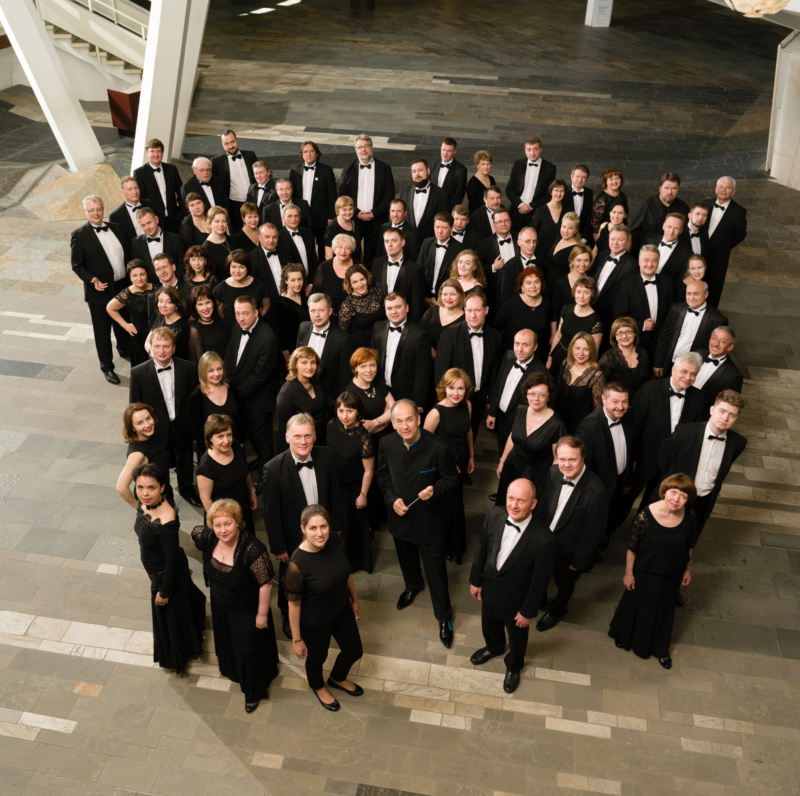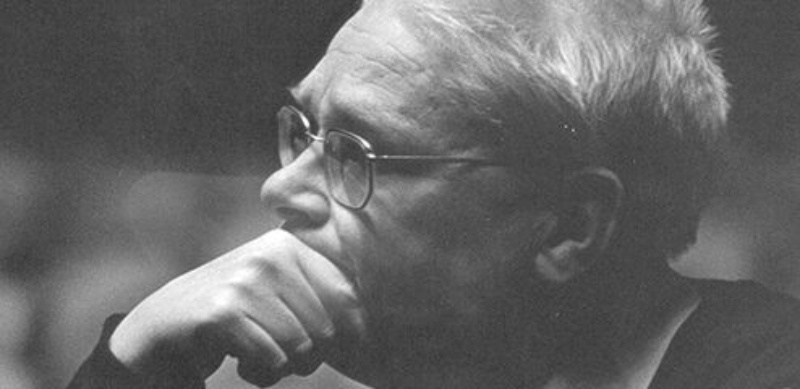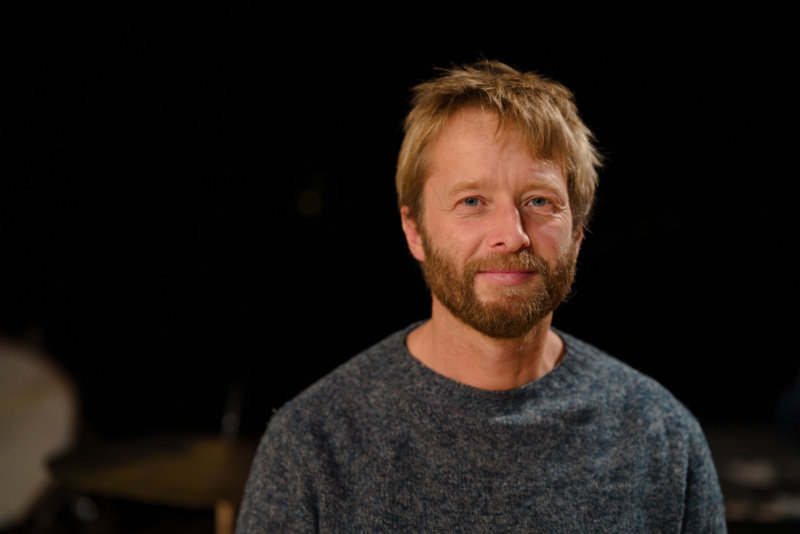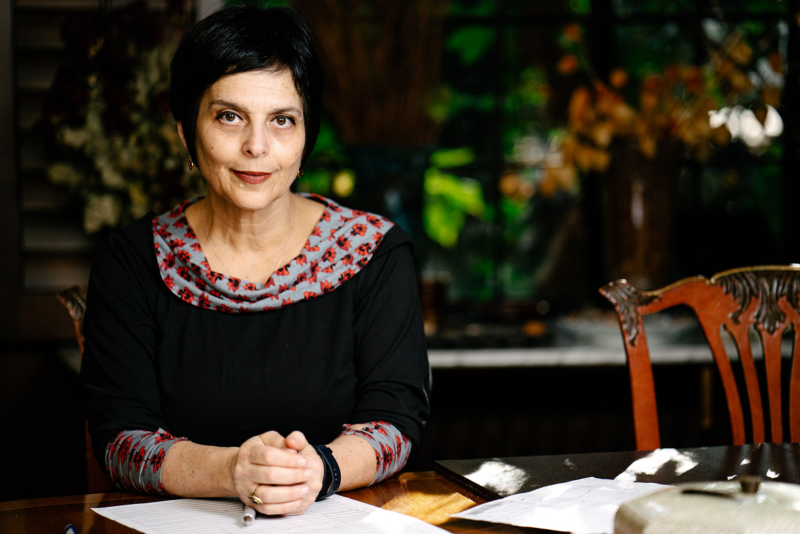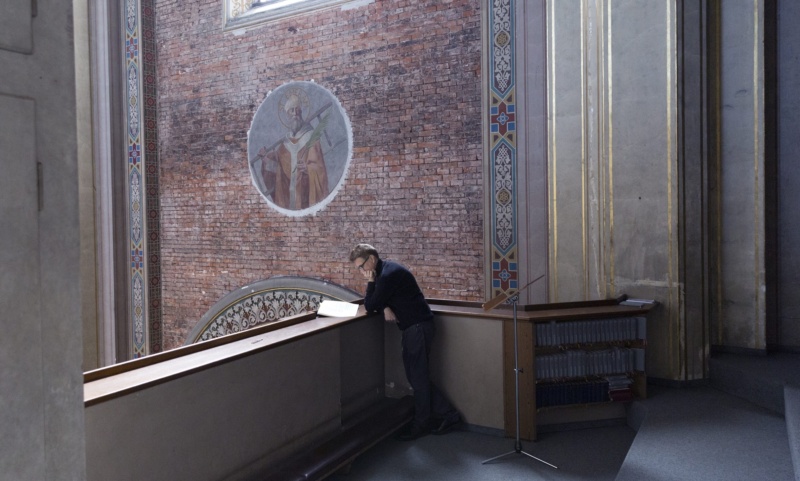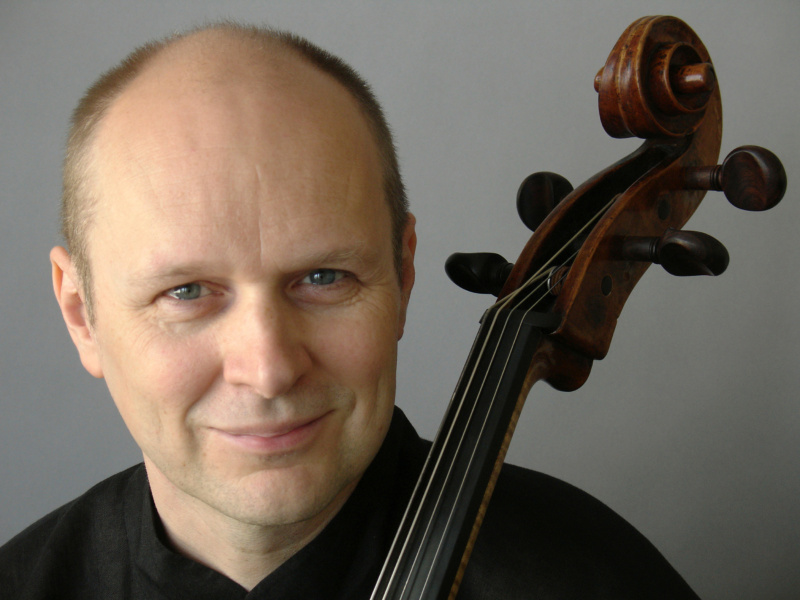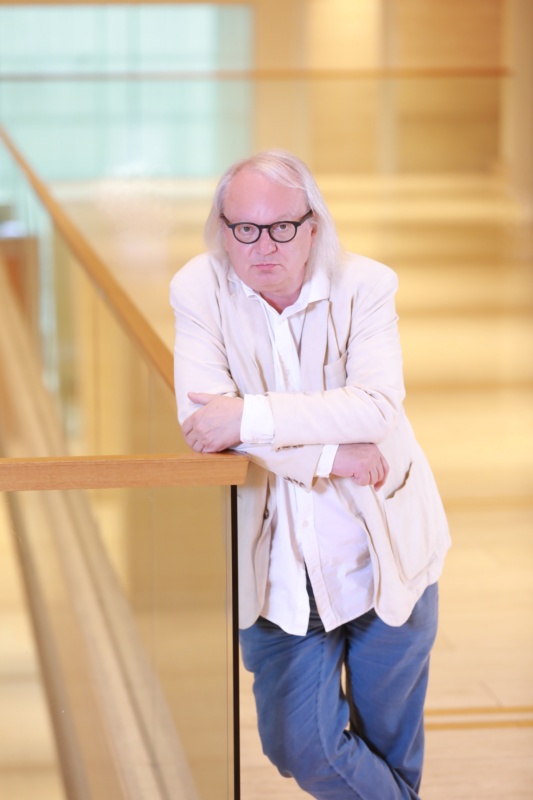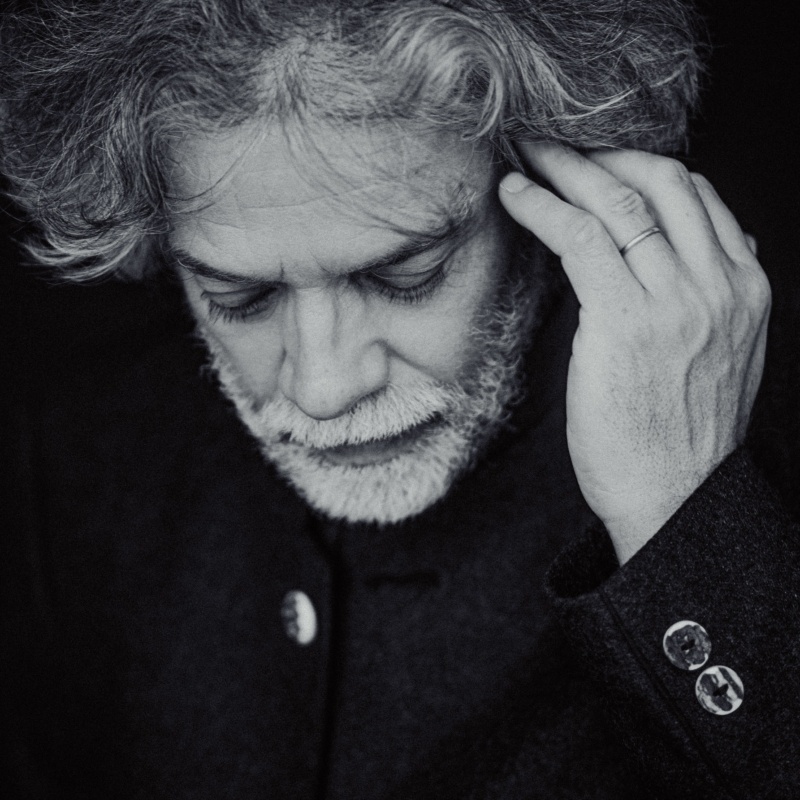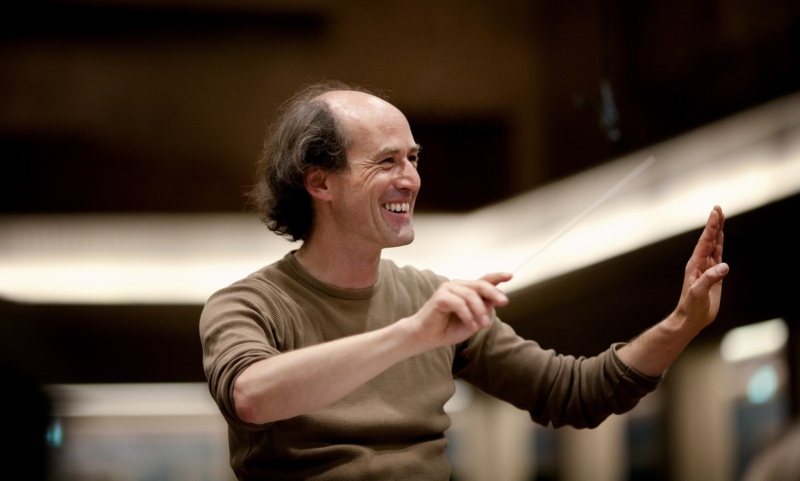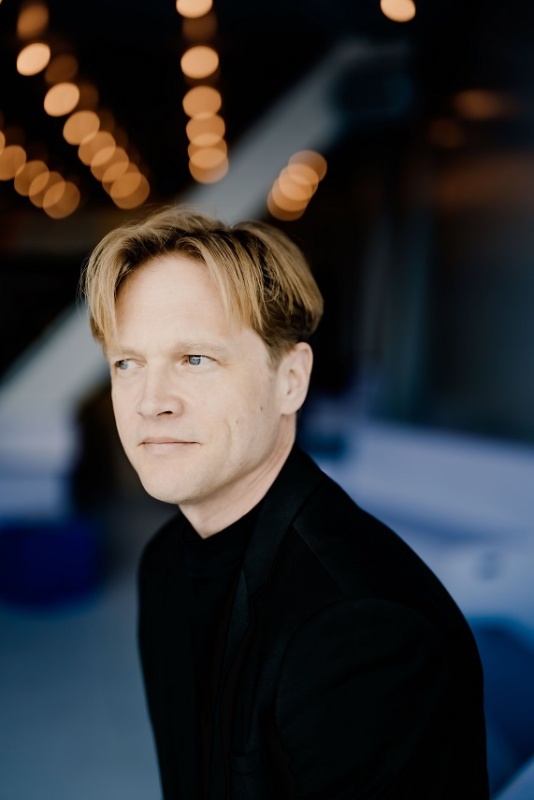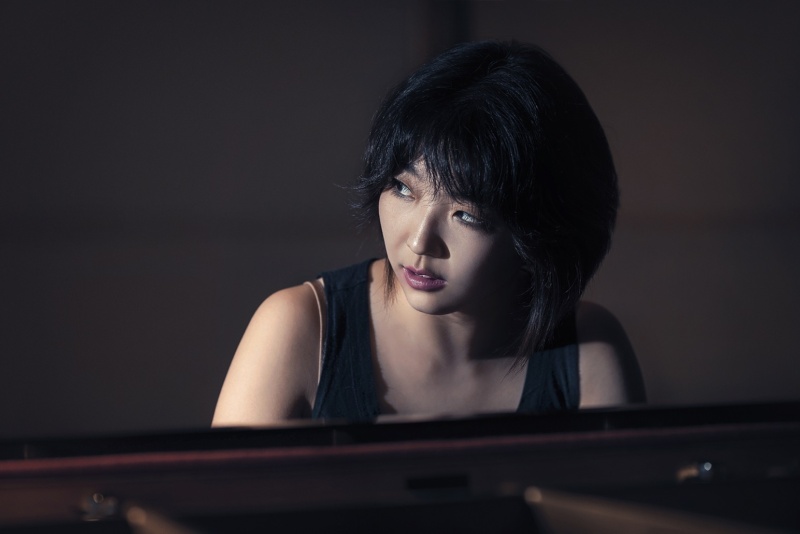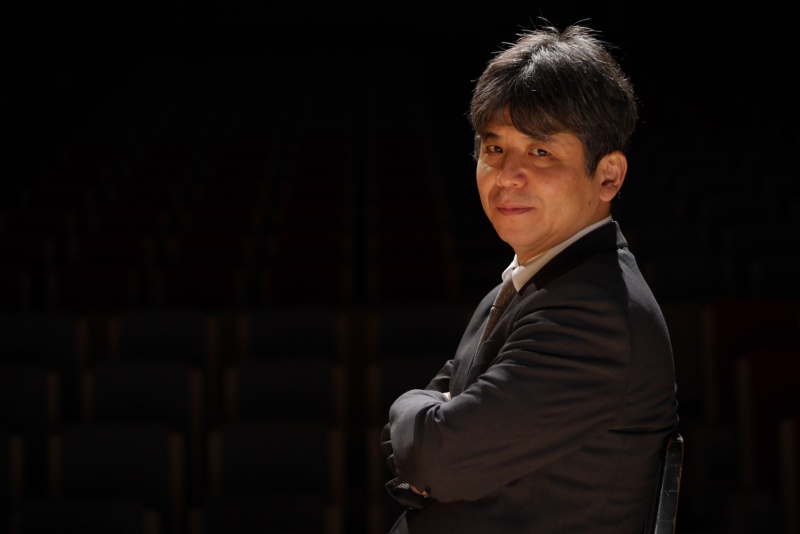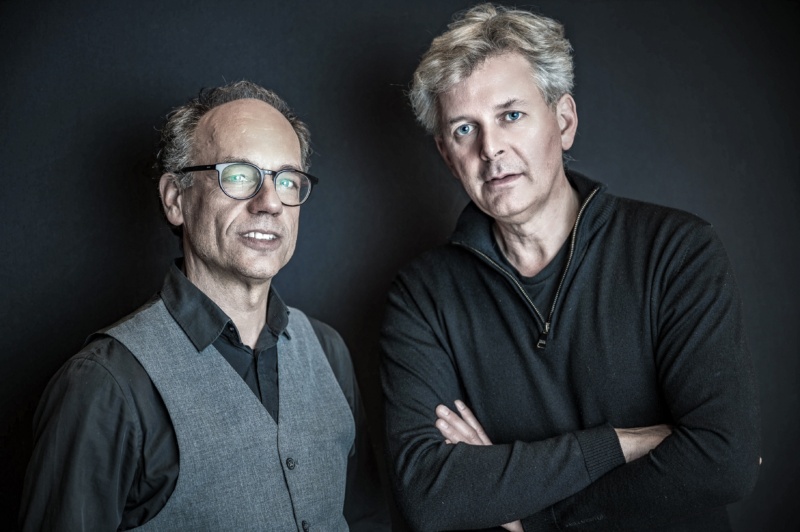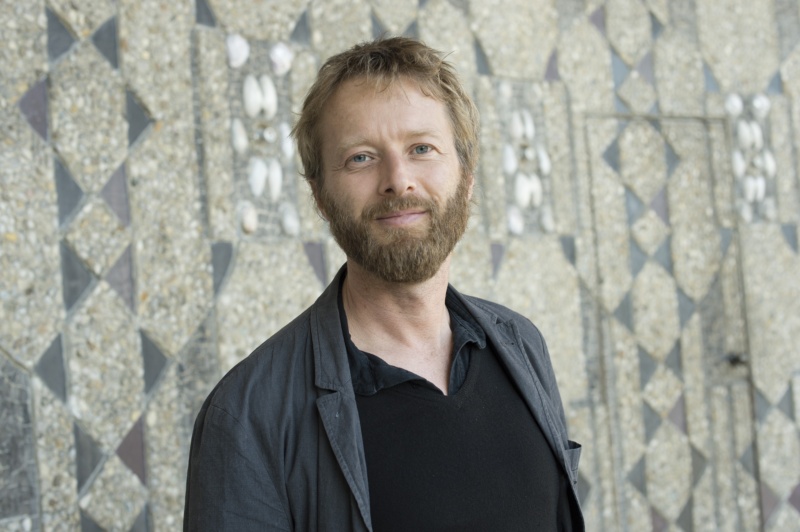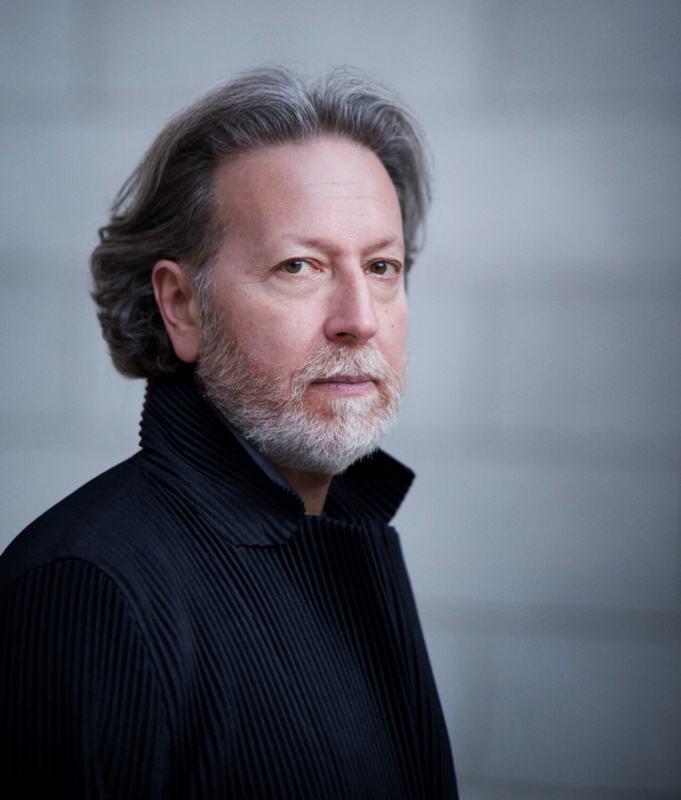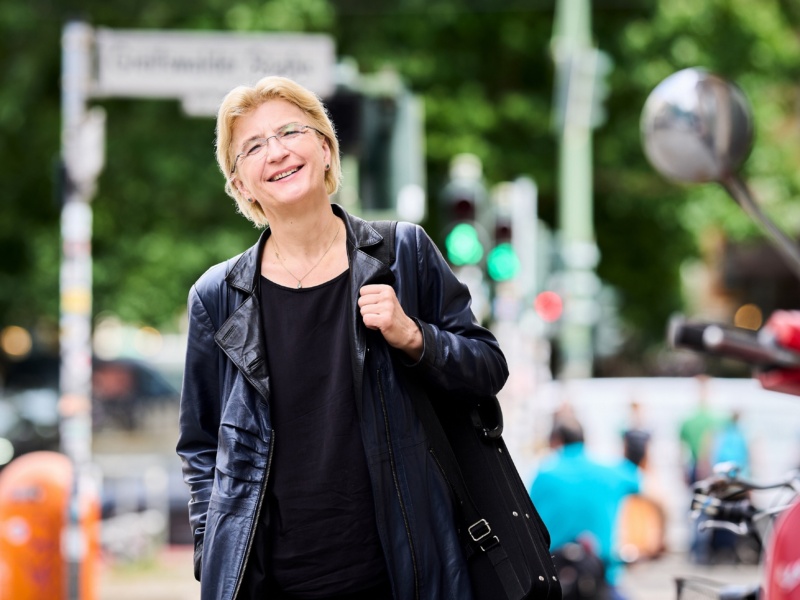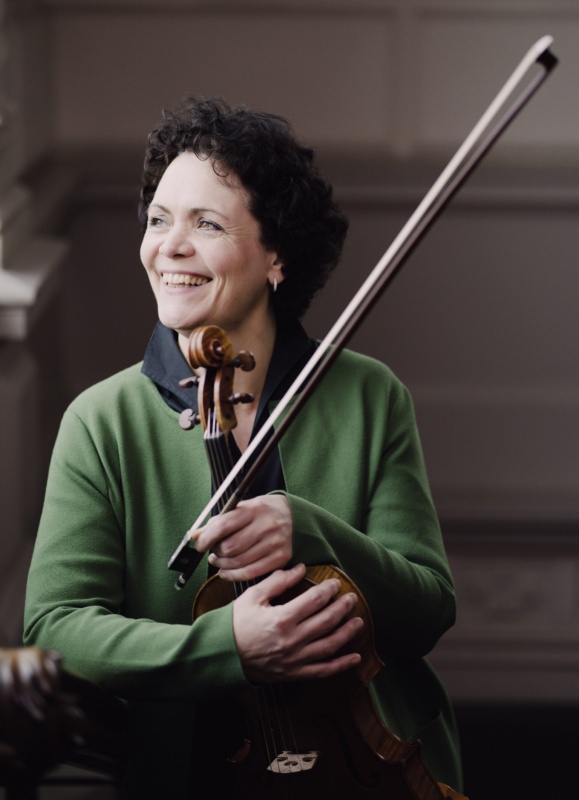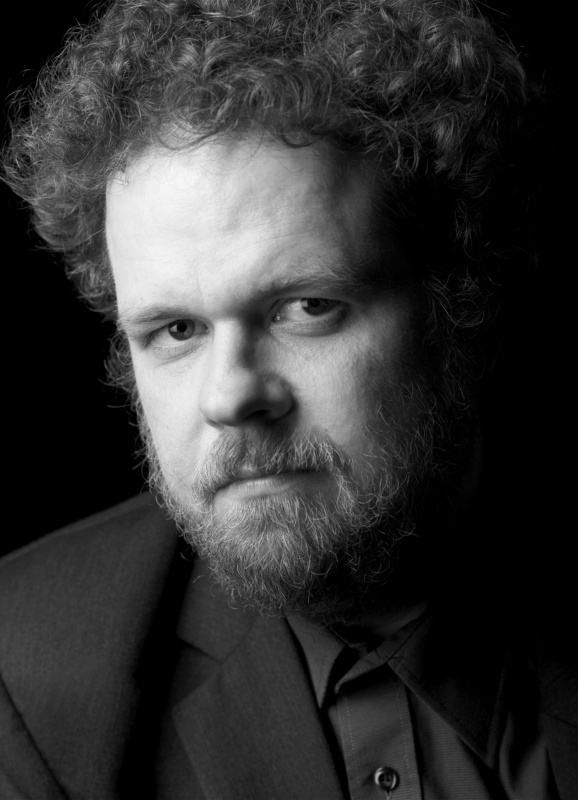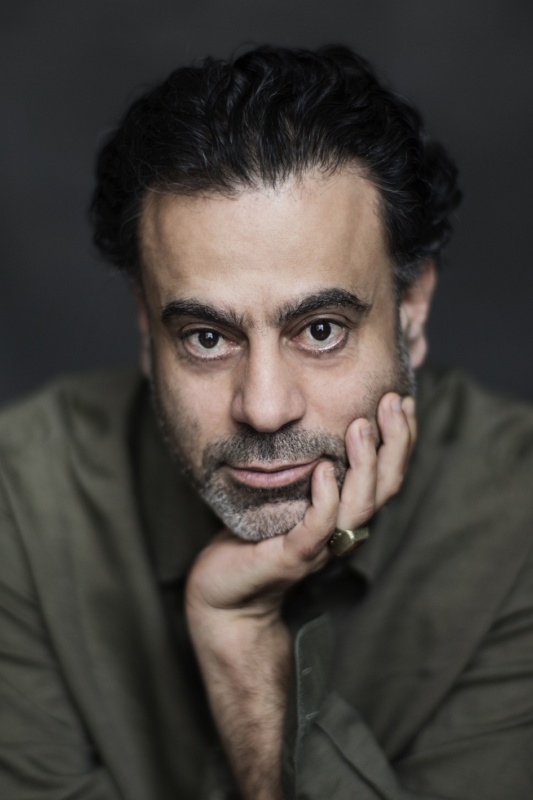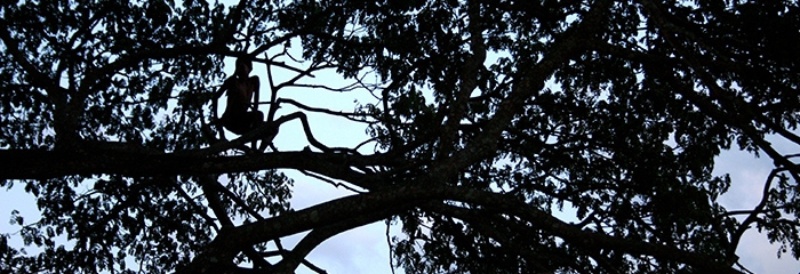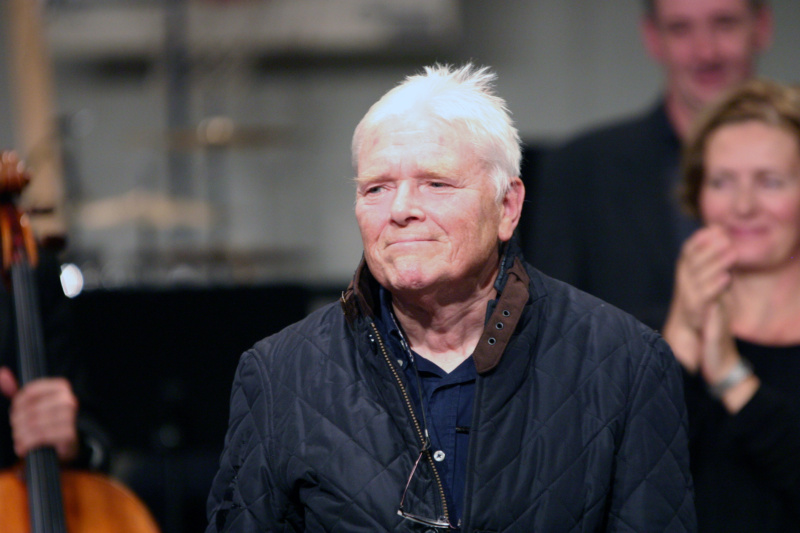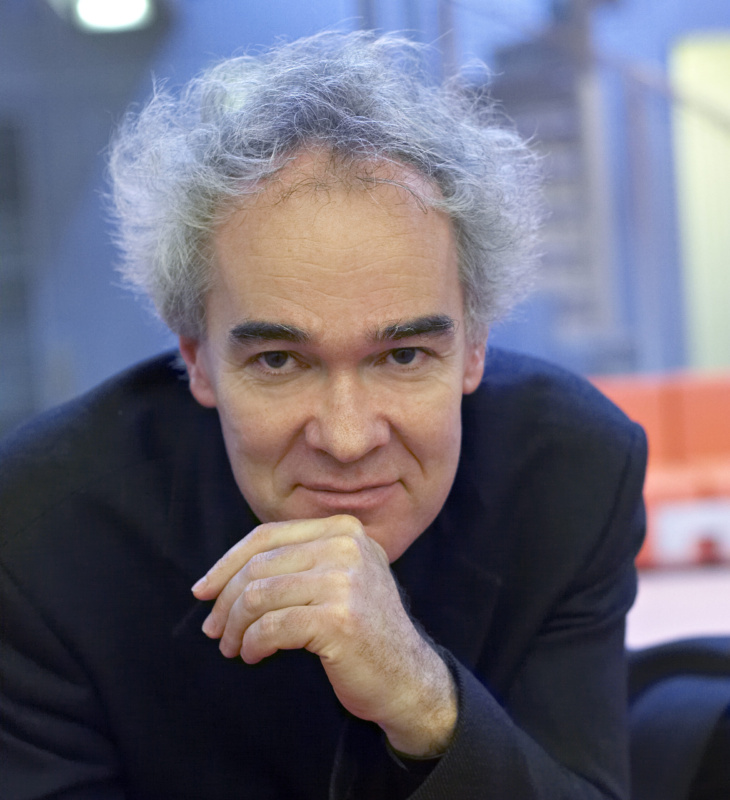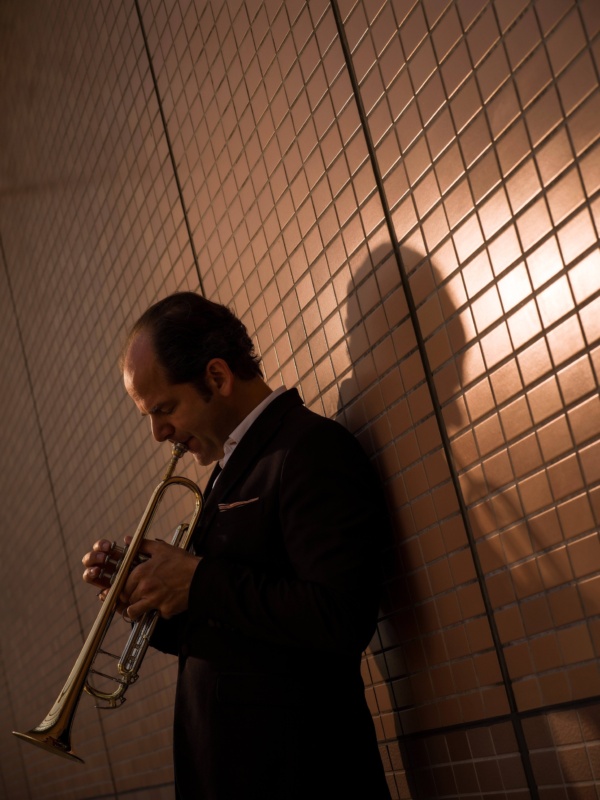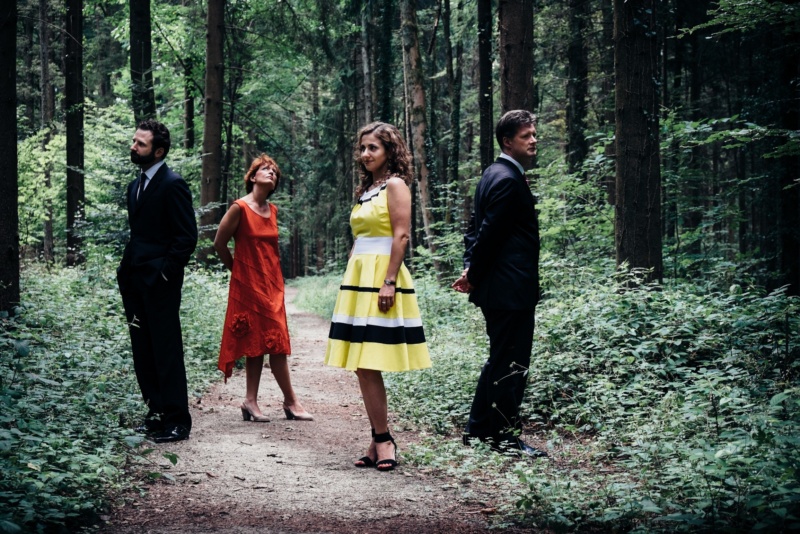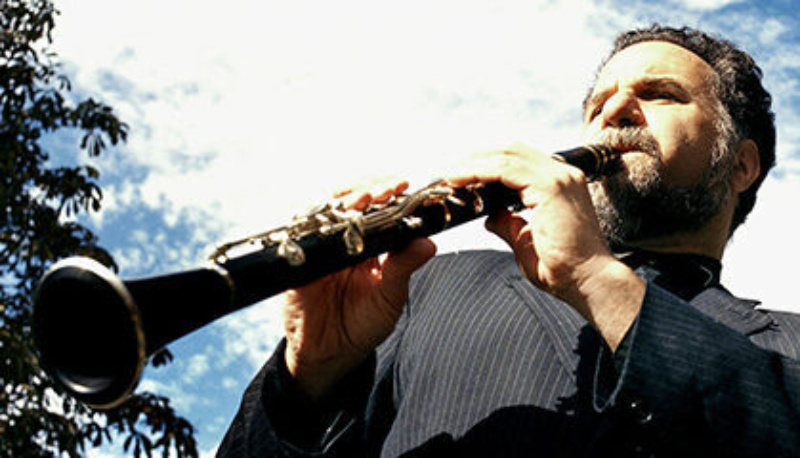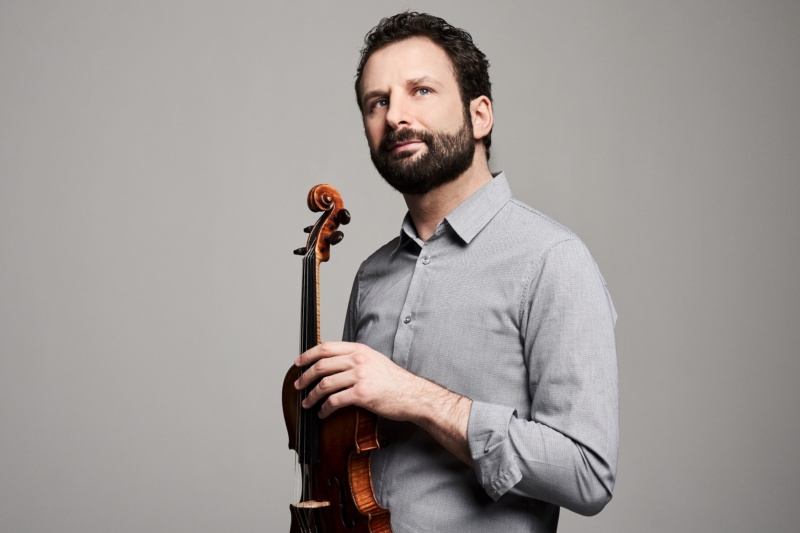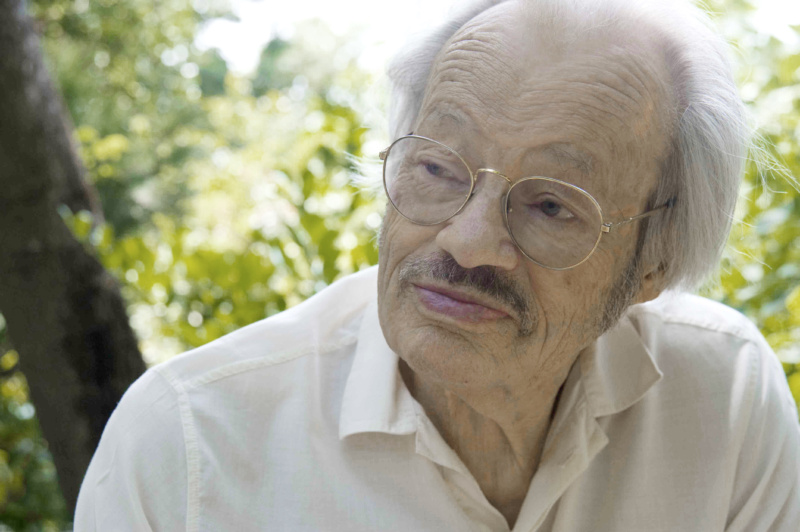“The Cistercian Convent of Las Huelgas was one of the largest in Europe and one of the most powerful ecclesiastical institutions in Spain. At some point in the 1320s, the convent assembled one of the largest collections of polyphonic music to survive today. The so-called Las Huelgas manuscript includes works from all over Europe,” explains the Trio Mediaeval about their new programme The Conductus in Castile, which will have its first festival performance this spring at the Schwetzingen Festival.
Roughly seven centuries after its creation, Anna Maria Friman, Linn Andrea Fuglseth and Jorunn Lovise Husan have revived the medieval repertoire of the Las Huelgas manuscript, which is extremely eclectic and cosmopolitan. In doing so, they are drawing on a tremendous amount of experience. For over 20 years, the singers have been digging up old manuscripts, exploring historical facts about medieval performance practice and making music that was created long ago audible again. As such, the singers of the Trio Mediaeval are well versed in all matters concerning the genesis and performance of historical vocal music.
The presentation of medieval sacred music in today’s world is always an act of preservation and re-creation. “We completely re-contextualize the music: none of it was written to be a part of a concert programme, nor was it intended to be performed to an audience as we understand the term today,” says Anna Maria Frimann, emphasizing how far removed contemporary performance practice is from its original religious context. Today’s artists are in the dark about the sound and vocal techniques that would have been used. “We cannot be in any way historically authentic, however much we might want to be. In any case, we feel that the lack of historical information gives us the freedom to let our imagination flow, as though we are creating contemporary music.”
Accordingly, the inclusion of newly composed music in the programme is less of a musical leap than one might think – the ‘Conductus’ programme features three pieces composed for the trio by Ivan Moody. The Trio Mediaeval has developed many projects in which contemporary works complement their core repertoire: this mainly consists of arrangements of medieval Scandinavian ballads and songs as well as polyphonic medieval sacred music. Recently, musicians and ensembles from the jazz and world music scenes have joined the singers to explore new sonic worlds. Rolf Lislevand, Nils Økland, Sinikka Langeland, Arve Henriksen and the Mats Eilertsen Trio have now become well-established musical collaborators of the trio.
In their concert at the Schwetzingen Festival, one will have to assume that even the old is completely new – and that what the choir in Las Huelgas (which included around 100 women in the 13th century) would have sounded like will likely remain a mystery. It is not even clear whether all the works in the manuscript were heard in the convent – there are some indications that polyphonic music, at least works featuring more than two voices, were not tolerated in the Cistercian Order. In any case, for the duration of one of Trio Mediaeval’s concerts, today’s listeners are entitled to feel as though they’ve been transported back to the Middle Ages.
Nina Rohlfs, 4/2019
Translation: Maria Dubinets
